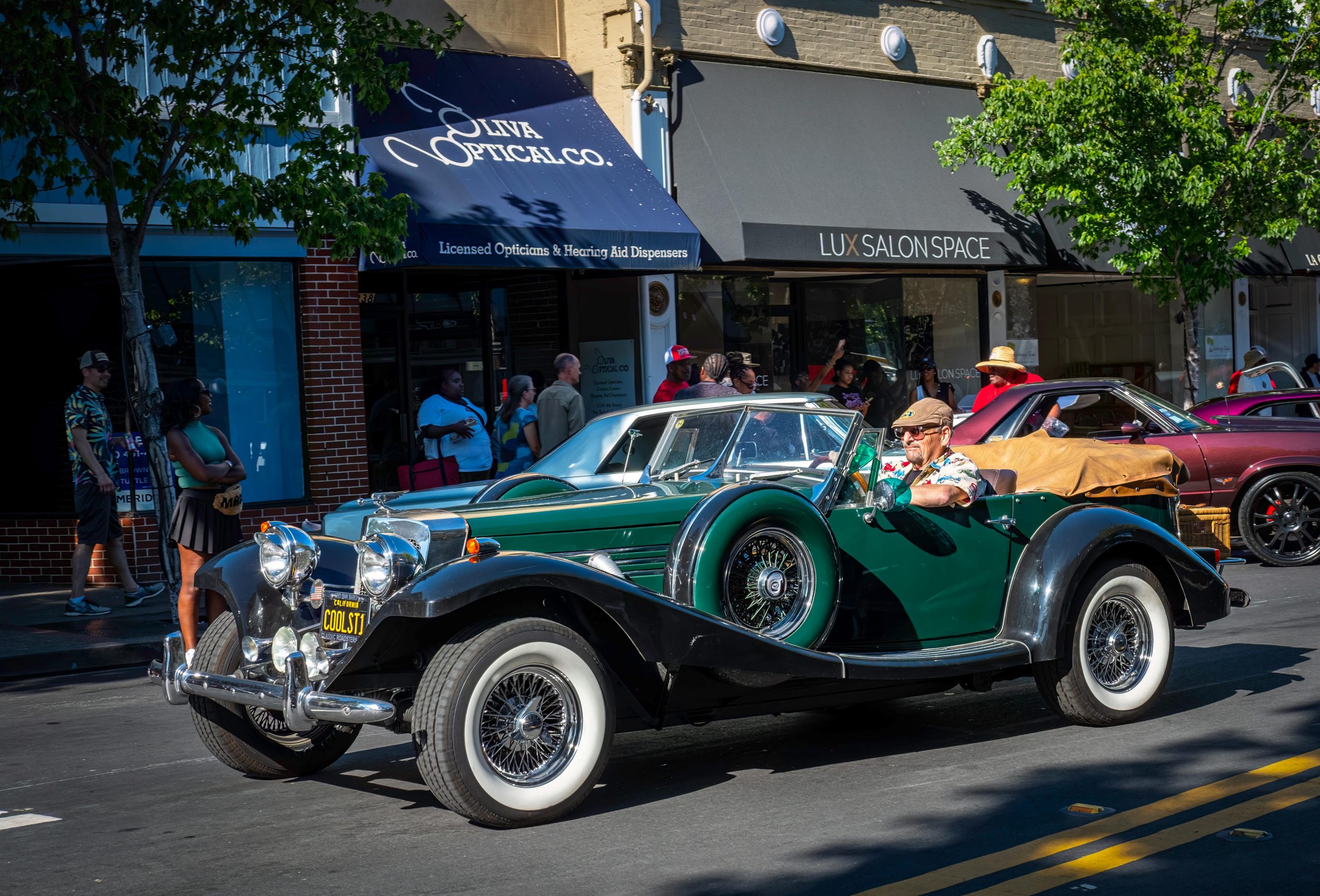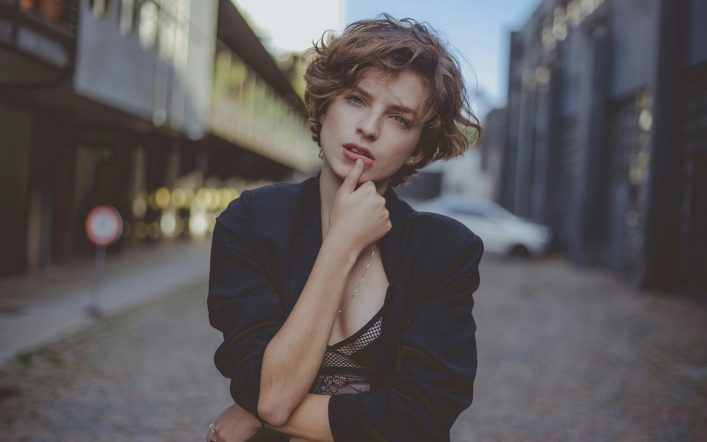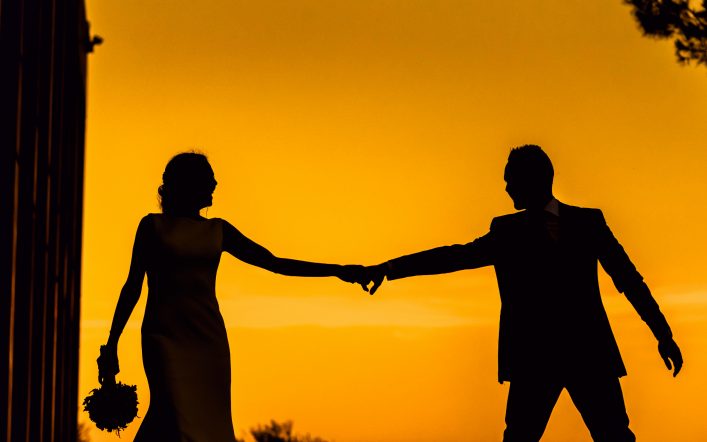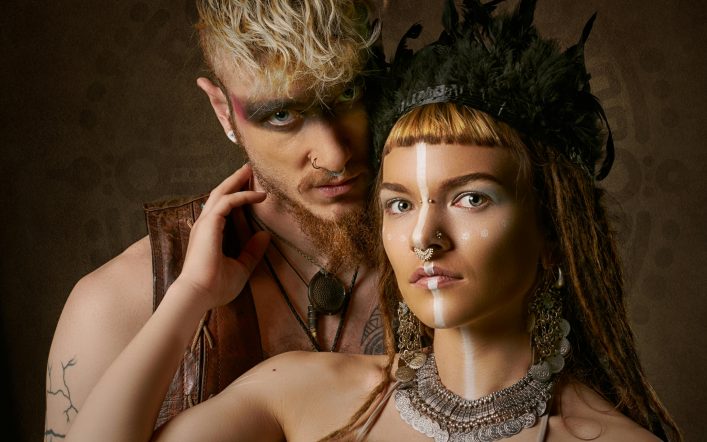There’s something strangely addictive about love that feels like a rollercoaster—those intense highs followed by gut-wrenching lows, the drama, the unpredictability. It’s as if the chaos itself becomes a source of excitement. For some, this emotional whirlwind isn’t a red flag; it’s a thrill. But why do we sometimes crave this kind of emotional drama, even when we know it’s toxic? Why do we find ourselves drawn to relationships that leave us exhausted and heartbroken?
The answer lies in the rush. Just like a rollercoaster, emotionally dramatic relationships trigger intense feelings that give us a kind of emotional “high.” When things are good, they’re incredible—passionate, all-consuming, and exhilarating. These moments can feel like an intense connection, a deep love that sweeps you off your feet. The chemistry is undeniable, and you feel like you’re on top of the world. But when the relationship dips into conflict, unpredictability, or instability, that feeling of being “alive” can be equally intense. The emotional chaos, the drama, and the uncertainty seem to spark something inside us, keeping us hooked.
For some, the rush of these emotional ups and downs mimics the intensity of real love. It’s easy to convince ourselves that true love has to be dramatic, that if things aren’t filled with tension, passion, and conflict, then the relationship isn’t genuine. But this belief can cloud our judgment and keep us locked in toxic cycles. The highs feel so incredible that we ignore the damage caused by the lows. We convince ourselves that the emotional rollercoaster is worth it, even though it’s leaving us bruised and exhausted.
Another reason we’re drawn to dramatic love is rooted in our need for validation. For some people, drama makes them feel desired, important, and needed. The constant push and pull of a turbulent relationship can trick us into believing that we are the center of someone’s world. When we’re constantly fighting for their attention, affection, or approval, it creates a sense of urgency that makes us feel like we matter—like we’re the one person who can “save” the relationship. But in reality, this emotional chaos feeds insecurity, not love.
There’s also a psychological phenomenon at play here: the “intermittent reinforcement” theory. This is a concept often used in psychology to explain why we get hooked on something that gives us unpredictable rewards. When a person’s affection or attention comes and goes, it becomes more addictive. We never know when we’ll get that next emotional high, so we keep chasing it. This makes the relationship seem more alluring, even though it may be emotionally damaging.
Unfortunately, the destructive cycle of drama and chaos can have long-lasting consequences. While it may feel exciting in the moment, this kind of relationship rarely leads to happiness or fulfillment. The constant emotional turmoil can wear you down, erode your self-esteem, and create a toxic environment. Eventually, the rollercoaster ride crashes, leaving you with nothing but heartbreak and regret.
To break free from the cycle, it’s important to recognize that real love doesn’t need to be dramatic or chaotic. Healthy relationships are built on trust, communication, and stability—not constant conflict or emotional instability. It’s possible to find love that is calm, nurturing, and fulfilling. When we start to value peace and emotional balance over drama, we can free ourselves from the addiction to the emotional rollercoaster and embrace a love that brings us genuine joy and connection.
In the end, love doesn’t have to feel like a ride at an amusement park. True love is steady, supportive, and steady—something that lifts you up, not drags you down. When we stop seeking out the chaos and start looking for calm, we can finally break free from the destructive cycle of dramatic love.





